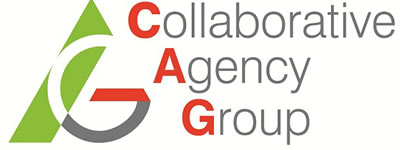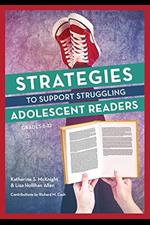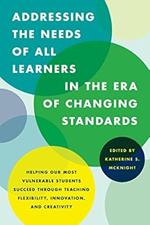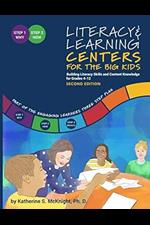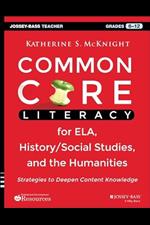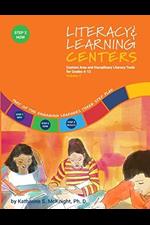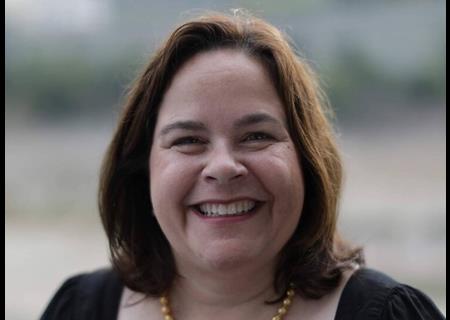
30 Jan Katie McKnight

Speaker: KATIE MCKNIGHT
Dedicated Teacher, Researcher, And Award-Winning Author With A Passion For Transforming Literacy Education
Speech Topics Include:
- Science of Reading
- Reading and Writing for the Big Kids
- Standards- and Skills-Based Grading
Dr. Katherine McKnight is an engaging speaker, dedicated teacher, researcher, and award winning author with a passion for transforming literacy education. Her impressive career blends research with practicality, positioning her to empower teachers and directly impact student outcomes.
Starting as an English and social studies teacher in Chicago Public Schools, Katie’s commitment to student engagement set the path for her future work. She spent 15 years teaching at the university level. Her career in higher education culminated in her appointment as a Distinguished Professor of Research at National Louis University. In 2015 she founded Dr. Katie McKnight’s Engaging Learners, an education company built around her innovative Literacy & Learning Centers. She has helped turn around many struggling schools with this centers-stations-and rotations collaborative learning model that is designed specifically for grade 4-12 learners.
She has written extensively, authoring 25 books that support educational strategies to engage all learners. Her popular book, The Teacher’s Big Book of Graphic Organizers, won the 2013 Teachers’ Choice Award. Other key titles include Literacy & Learning Centers for the Big Kids, Grades 4-12 and The Second City Guide to Improv in the Classroom. Katie collaborated with literacy specialist Alan Sitomer to create the research-based writing program Short, Short, BIG. Dr. McKnight influences educators and boosts teaching confidence worldwide with classroom tested instructional practices that are backed by research and personal experience. She and Dr. Jennifer French co-host the podcast The Science of Reading for Grades 4-12 with Katie & Jen. Katie gained national attention for her 2024 Ed Week Market Reports prediction that the Science of Reading body of research will soon take hold in upper grades. “Many middle school teachers are alarmed by the lack of foundational skills they see in their classes and are weighing how phonics and other strategies should be applied” to support their students.
As a consultant to schools across the U.S. and internationally, Dr. McKnight is committed to improving educational practices and supporting teachers. Her “Coffee with Katie and Richard” webinar series, launched during the COVID-19 pandemic with Dr. Richard Cash, became a global platform for K-12 educators to engage in valuable professional training as they dealt with the pressures of adapting instruction and maintaining teacher-student relationships.
Science of Reading
The term Science of Reading is everywhere! But what does it really mean and how can educators best leverage the research findings? Let Dr. McKnight help you answer the important questions: What key instructional practices build better readers, writers, and thinkers? How do we bridge the gap between state and district policy and our classrooms? Go beyond K-5 with foundational literacy for all students, even the “big kids” in middle school and high school.
Reading and Writing for the Big Kids
So often, adolescent readers can decode text but as soon as teachers ask them to dig more deeply, we find that they are unable to do so. Understanding the author’s message, the main idea, or theme is oftentimes challenging. In this presentation, Dr. McKnight introduces educators to classroom-ready strategies that all content area/discipline area teachers can use to build student comprehension.
Standards- and Skills-Based Grading
Attendees, both teachers and administrators, discover the value of examining their school’s existing proficiency scales, identifying strengths and weaknesses, and creating customized proficiency scales as needed. Teachers are given tips for recognizing the goals of the standards and instructional methods that align with those goals. Administrators learn the importance of streamlining content and aligning it with clarified goals, and they explore a few best practices that will position teaching staff to dramatically increase their teaching effectiveness.
